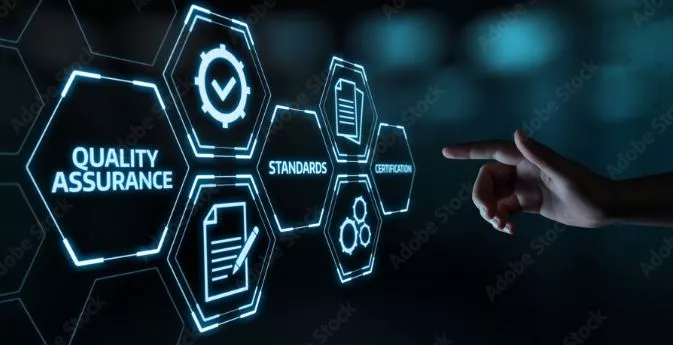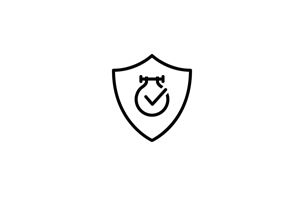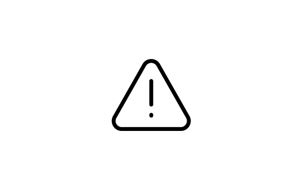
Understanding Product Certifications
Certifications can give you and your customers confidence – if you understand what certifications mean and how they apply.
In this article, you'll learn about the role of certifications and the pitfalls to watch out for.
This is why certifications matter
When quality hides inside products and processes, certificates are the way to make virtues visible.
Understanding the certification landscape
It seems to be complicated, but certifications need not be confusing.
Why a CE-certificate is not always a sign of quality
Source matters - why certificates are only as good as their authorizing bodies.
Why product certifications are important
1. Quality Assurance
Certification is an assurance from an independent governing body working under transparent standards that designated products or parts meet specific qualities. These standards – for design, material composition, and construction – are maintained to ensure safety, strength, durability, and other relevant virtues.
In addition to that, the certifications are only valid for a limited period of time and must be renewed regularly.
2. Peace of Mind
For the people responsible for buying and applying product components, certification supports two fundamental aspects of our lives: rest and action.
- By “rest” we mean peace of mind. Certification offers us a verifiable way to take comfort in the underlying quality of the materials we use or need to buy.
- By “action” we mean the power to demonstrate conformance to standards set by our customers, contracts, internal controls, and external regulators. As evidence of 3rd party validation, certificates streamline our ability to make and sell products and services others can trust.
3. Optimized total cost of ownership
Frankly, certified parts may cost more than noncertified ones. The certification societies have invested time and dedicated resources to make sure that all products which pass their certification processes will match the requirements you need. But whether you seek peace of mind or must fulfill obligations, certification gives you and your customers assurance of reliability, reducing the risk of failure, disappointment, and/or potential claims to an absolute minimum.
Beware of false economies: an initial financial saving might in fact lead to greater total expenditure.

Understanding the certification landscape
Certifications are typically established at regional and/or industrial levels. The former are usually either national or international. Applicability largely depends on where you do business and/or in which markets you participate.
At the next level down, many industries have reduced confusion, enforced safety, and encouraged excellence by establishing standards of their own. Some of the major areas that require or favor certifications include:
- Federal, state, and local governance contracting
- Military contracting
- Maritime/shipping industry
- Food services
- Health, pharma, and life sciences
- Drinking water distribution, sanitation, public health
Why a CE-marking is not always a sign of quality
The CE marking, which is mandatory for many products before they can be offered on the EU market, certifies compliance with EU requirements for safety, health, and environmental protection.
But the EU does NOT require the CE marking for all products. In fact, when the CE logo is applied where it is not required, it is almost certainly a marketing ploy, not an independent indicator of quality.
For example, there is no CE directive and no uniform European norm for pipe couplings. It is actually illegal to apply CE markings onto pipe couplings; that’s why you won’t see the CE logo on NORMA couplings. We meet the highest standards available and can issue a “manufacturer’s Declaration of Conformity” to confirm we are fulfilling applicable quality management requirements. When you see a pipe coupling with a CE marking, beware: you are witnessing style, not substance.
However, even if there is no CE directive for all types of joining elements, there are many other international and national norms that may apply, like e.g., ISO, EN, DIN, ASTM, BS, SS etc. Don’t hesitate to contact us to make sure you find the product that matches your specific requirements in terms of norms and certifications.





